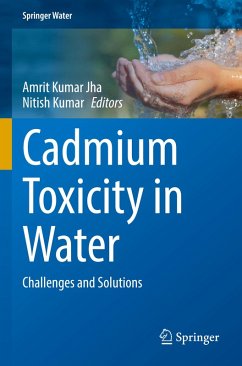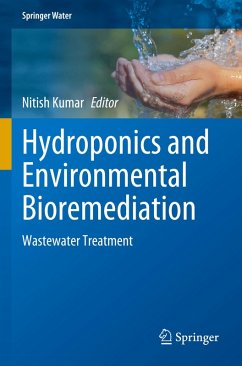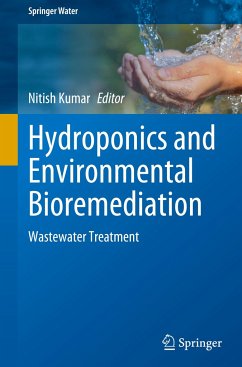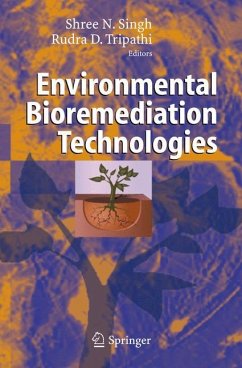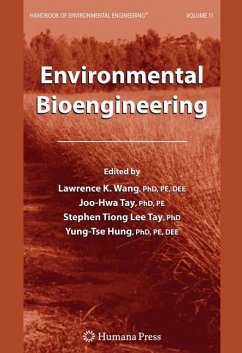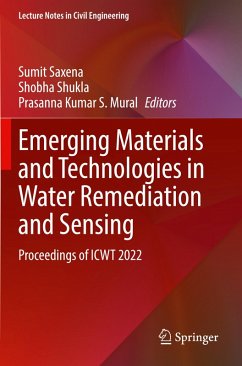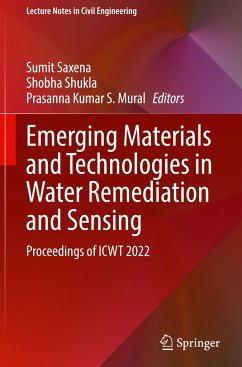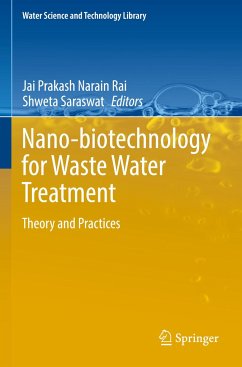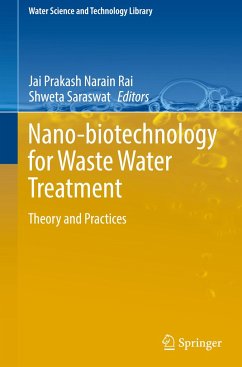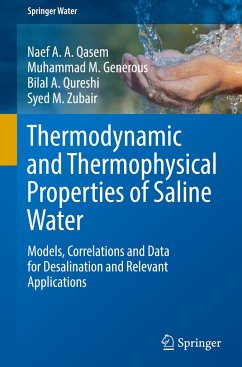
Cadmium Toxicity in Water
Challenges and Solutions
Herausgegeben: Jha, Amrit Kumar; Kumar, Nitish

PAYBACK Punkte
76 °P sammeln!
This book sheds light on this global environmental issue and proposes solutions to reduce contamination through multi-disciplinary approaches. Water is considered a vital resource because it is necessary for all aspects of human and ecosystem survival. However, due to natural processes and anthropogenic activities, various pollutants have been added to the groundwater system. Among these, heavy metals are some of the most serious pollutants. Cd, a toxic heavy metal used in Ni-Cd batteries, the coloration of plastic and various discarded electronic products released into the water system causes...
This book sheds light on this global environmental issue and proposes solutions to reduce contamination through multi-disciplinary approaches. Water is considered a vital resource because it is necessary for all aspects of human and ecosystem survival. However, due to natural processes and anthropogenic activities, various pollutants have been added to the groundwater system. Among these, heavy metals are some of the most serious pollutants. Cd, a toxic heavy metal used in Ni-Cd batteries, the coloration of plastic and various discarded electronic products released into the water system causes serious health issues. The chronic exposure to Cd produces a wide variety of acute and chronic effects in humans.
This edited book brings together a diverse group of researchers to address the challenges posed by global mass poisoning caused by cadmium contamination of water bodies.
This book contains three sections. The first section describes the different sources and distribution of cadmium in water ecosystem. The second section explains the health risks linked to cadmium toxicity. The third section addresses sustainable cadmium toxicity mitigation strategies and the potential applications of recent biological technology in providing solutions.
This edited book brings together a diverse group of researchers to address the challenges posed by global mass poisoning caused by cadmium contamination of water bodies.
This book contains three sections. The first section describes the different sources and distribution of cadmium in water ecosystem. The second section explains the health risks linked to cadmium toxicity. The third section addresses sustainable cadmium toxicity mitigation strategies and the potential applications of recent biological technology in providing solutions.



